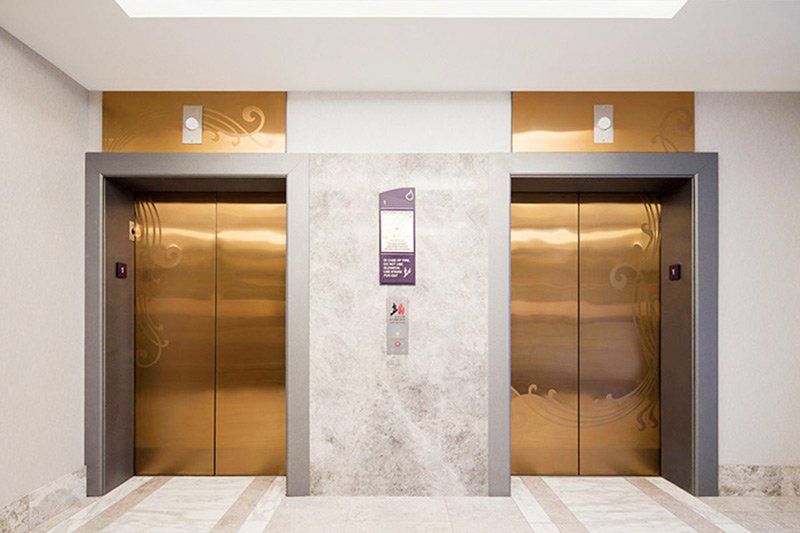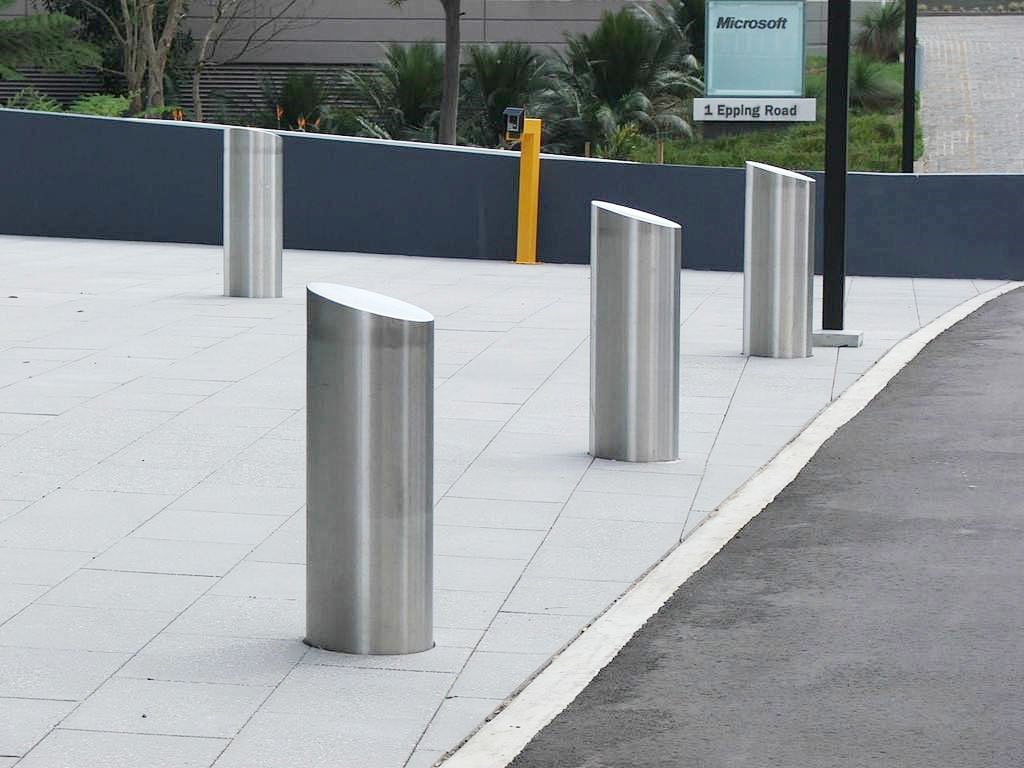Beyond Metal: The Significance and Superiority of Stainless Steel Sculptures
Table of Contents
Comparison with Other Sculptures
Stainless steel sculptures offer several distinct advantages over sculptures made from other materials, such as bronze, stone, or wood. These advantages encompass both aesthetic and practical aspects:
Durability and Corrosion Resistance
One of the most significant benefits of stainless steel is its exceptional durability. Stainless steel sculptures are highly resistant to corrosion, rust, and tarnishing, especially when compared to materials like iron or bronze. This makes them ideal for both indoor and outdoor settings, as they can withstand various environmental conditions including rain, snow, and high humidity.
Low Maintenance
Due to their resistance to corrosion and tarnishing, stainless steel sculptures require minimal maintenance. Unlike bronze, which may develop a patina or require periodic polishing, or stone, which can erode or stain, stainless steel maintains its appearance over time with little more than basic cleaning.
Versatility in Design
Stainless steel is highly malleable and can be manipulated into a wide range of shapes and forms. This flexibility allows artists to explore complex, intricate designs that might not be feasible with more rigid materials like stone. Additionally, stainless steel can be finished in various ways – it can be polished to a high shine, brushed for a matte finish, or textured in numerous ways.
Modern Aesthetic
Stainless steel sculptures have a sleek, contemporary look that is particularly well-suited to modern and avant-garde art. The material’s reflective surface interacts with light and the surrounding environment, creating dynamic visual effects that change with the viewer’s perspective and the changing light conditions.
Strength and Structural Stability
Stainless steel has a high strength-to-weight ratio, making it an excellent choice for large-scale sculptures or intricate designs that require a strong framework without the bulk or heaviness of materials like stone or bronze.
Sustainability
Stainless steel is a recyclable material, which aligns with contemporary concerns for environmental sustainability. Its long lifespan and recyclability reduce the ecological footprint of the art piece.
Weather and Heat Resistance
Stainless steel sculptures are not only resistant to moisture and corrosion but also to extreme temperatures. This makes them suitable for a variety of climates, from hot and sunny to cold and frosty environments.
Safety and Cleanliness
Stainless steel does not harbor bacteria or pathogens, making it a hygienic choice for public art installations. Its smooth surface also reduces the risk of injury that can be posed by more porous or rough materials.
Stainless steel sculptures provide a combination of durability, aesthetic versatility, and practical benefits that make them a favored choice in contemporary sculpture, both for artistic expression and for practical installations in public and private spaces.
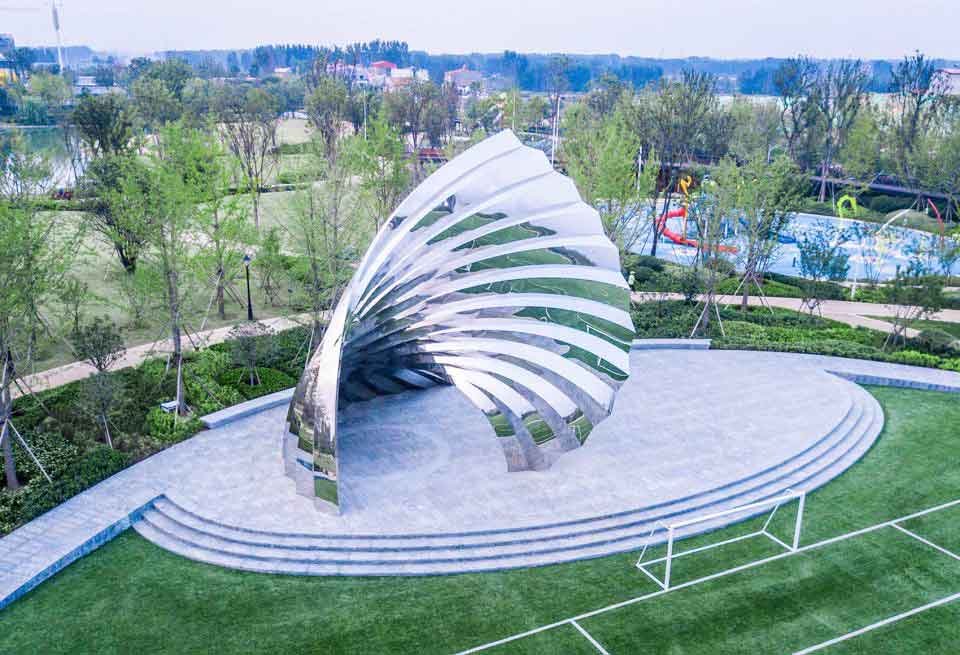
Meanings of Stainless Steel Sculptures
Stainless steel, a versatile and durable material, holds significant meaning and purpose in various contexts, such as urban coordinates, scenic spot decoration, and interior decoration. Each of these contexts highlights different aspects of stainless steel’s value and symbolism.
Stainless Steel in Urban Coordinates
In urban landscapes, stainless steel often symbolizes modernity, progress, and the industrial strength of a city. Its use in urban coordinates, such as in public sculptures, landmarks, and architectural elements, reflects the contemporary spirit of the area. Stainless steel’s sleek and reflective surfaces interact with the urban environment, capturing the dynamic interplay of light, shadow, and the hustle of city life. These installations can become focal points that define the character of a city space, serving as meeting points, landmarks, or conversation starters, thereby embedding themselves into the social and cultural fabric of the urban setting.
Stainless Steel for Scenic Spot Decoration
When used in scenic spots, stainless steel sculptures or installations add a contrasting element to natural surroundings. They often serve as a bridge between the inherent beauty of nature and human ingenuity. In these contexts, stainless steel can symbolize the harmony between man-made structures and natural landscapes, offering a contemporary touch that highlights rather than overshadows the beauty of the natural environment. These sculptures can be designed to reflect the scenery, literally through their mirrored surfaces, or metaphorically, by mimicking natural forms with a modern twist.
Stainless Steel in Interior Decoration
Within the realm of interior decoration, stainless steel signifies elegance, cleanliness, and a futuristic feel. Its use in interior spaces – from functional elements like railings and fixtures to decorative items like sculptures and wall art – brings a sense of modern sophistication. In interiors, stainless steel can also imply a commitment to durability and sustainability, as it is a long-lasting material that maintains its appearance over time with minimal maintenance. It’s often chosen for its ability to blend with various décor styles, adding a touch of sleekness to both traditional and contemporary spaces.
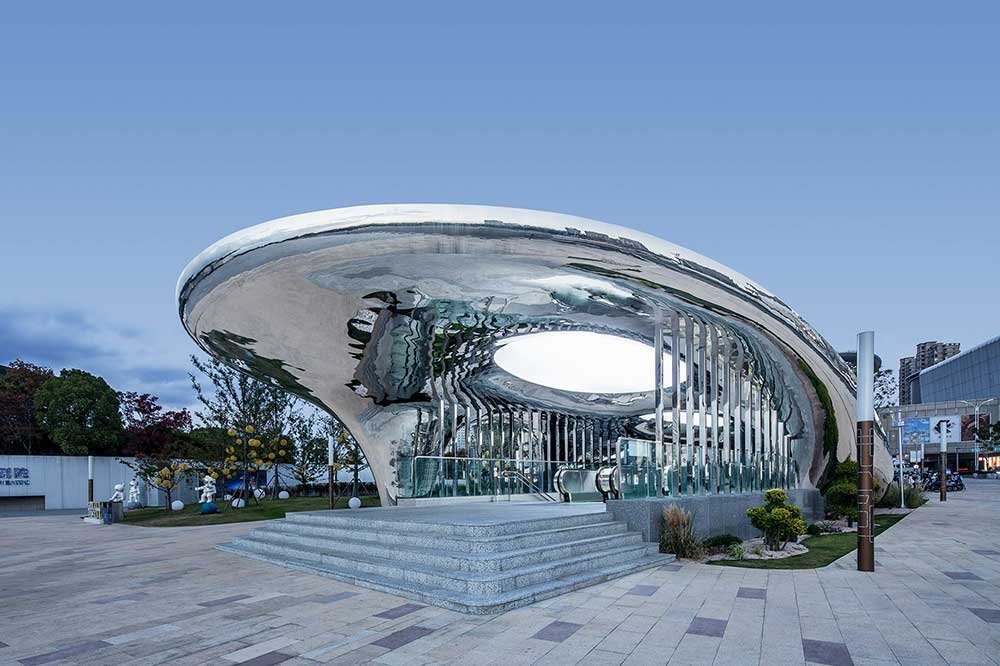
In Conclusion
In all these contexts, stainless steel stands as a testament to human creativity and engineering. It reflects our ability to mold and shape our environment with materials that are both aesthetically pleasing and enduringly functional. Whether in bustling city centers, serene natural spots, or the intimate spaces of our homes and offices, stainless steel contributes to creating environments that are visually compelling and resonant with the spirit of modern life.
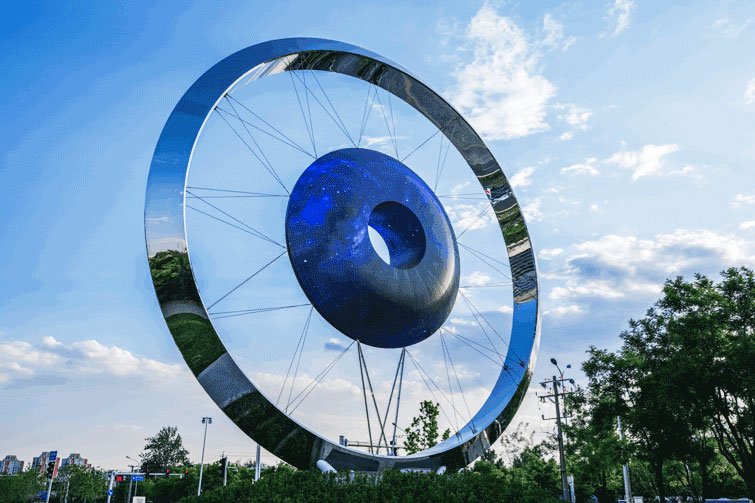
You Might Also Like
Please Share This
Recent Posts
- Stainless Steel Color Panels in Hotel Projects: Applications and Design Insights
- Stainless Steel Screens in Hotel Spaces: Design Strategies and Applications
- Large Stainless Steel Planters for Architectural and Commercial Landscape Projects
- Stainless Steel Outdoor Railings: Engineered for Durability, Designed for Style
- Metal Outdoor Signage: Durable, Customizable, and Professional Wayfinding Solutions


